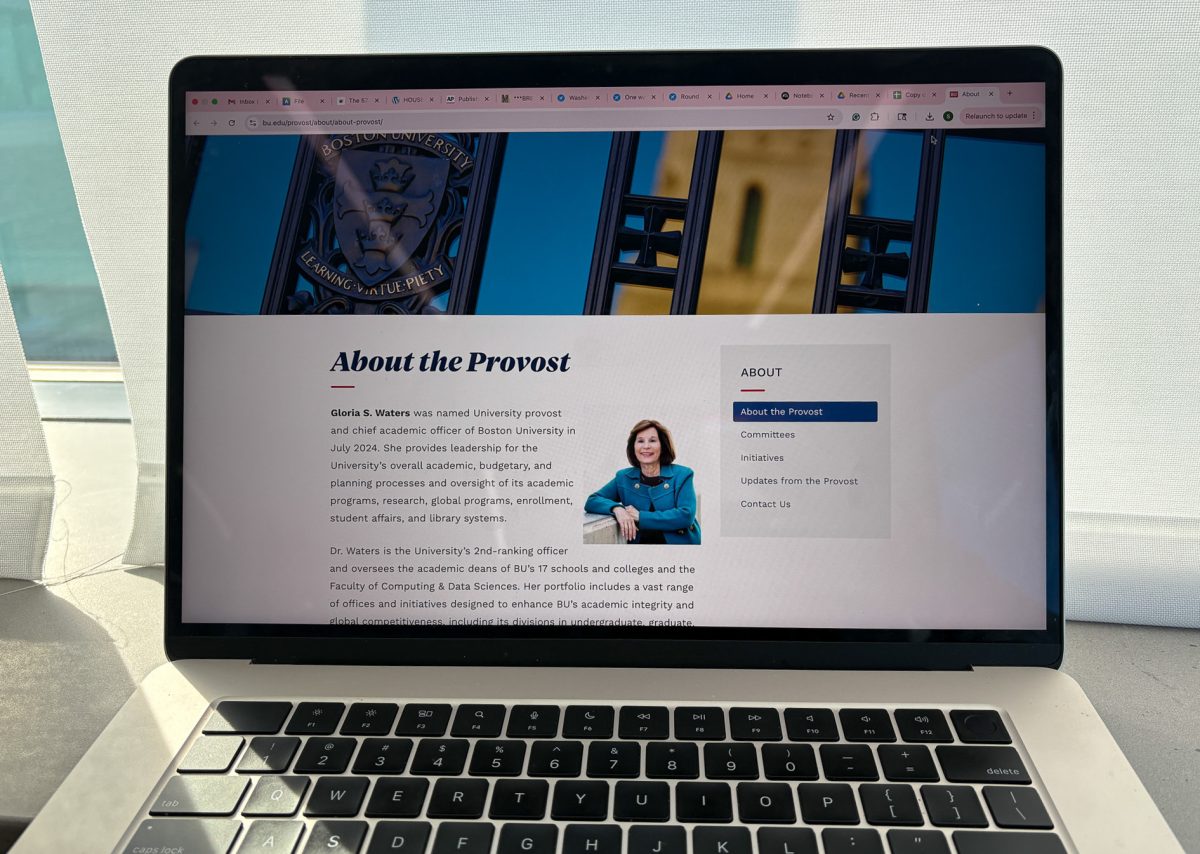Shirley Chisholm, the first black woman to serve in the U.S. Congress, was profoundly misunderstood, said documentary filmmaker Shola Lynch in a lecture and film screening on Tuesday in the Women’s Resource Center.
After reading in historical documents about Chisholm, Lynch said she decided to make the documentary “Chisholm ’72: Unbought and Unbossed,” part of which was shown to about 20 students in the screening hosted by the African American Studies Program.
“All the text I ran into . . . mentioned her in passing and sometimes even dismissive,” Lynch said. However, Chisholm played an important role in American history as both the first black presidential candidate and the first black woman in Congress.
Critics accused Chisholm of having many shortcomings during the United States presidential election of 1972, said Diane Balser, co-director of the Women’s, Gender and Sexuality Studies Program. However, “Chisholm stayed true to the issues.”
After a 30-minute presentation of Lynch’s film, Lynch, Balser and Linda Heywood, the director of African American Studies, discussed controversies surrounding Chisholm’s political career and talked about Lynch’s filmmaking experience.
Chisholm had a small stature and weighed less than 100 pounds, but was a woman with “a strong voice,” Balser said. Lynch sought to portray Chisholm as a superhero figure and made her look like she was always “on the run,” as the film retraced her career.
Clips of the documentary showed Chisholm traveling across the nation, winning delegates in state primaries and gaining leverage over the other Democratic nominees.
“It is hard to understand how important her run for president in 1972 is if you don’t understand the political situation in 1968,” Balser said. “When she ran, there was a tremendous conflict between black
women and white women.”
“Chisholm understood old school, backroom politics,” Lynch said. “And power in this situation was not in morale but it was in delegates and she was not a one state candidate.”
In 1972, Chisholm brought together many young Americans and understood that the young people of the time had a sense of liberating energy, which she embraced, Lynch said. Chisholm’s appeal to American youth was particularly significant in 1972 because the voting age then had been lowered from 21 to 18 in 1971.
Many people, including broadcast journalist Walter Cronkite, did not take Chisholm’s candidacy serious, Lynch said. “A new hat – rather a bonnet – was tossed into the presidential race today,” Cronkite said in a clip when Chisholm announced her candidacy.
“No one asked her if she had a strategy,” Lynch said.
























































































































